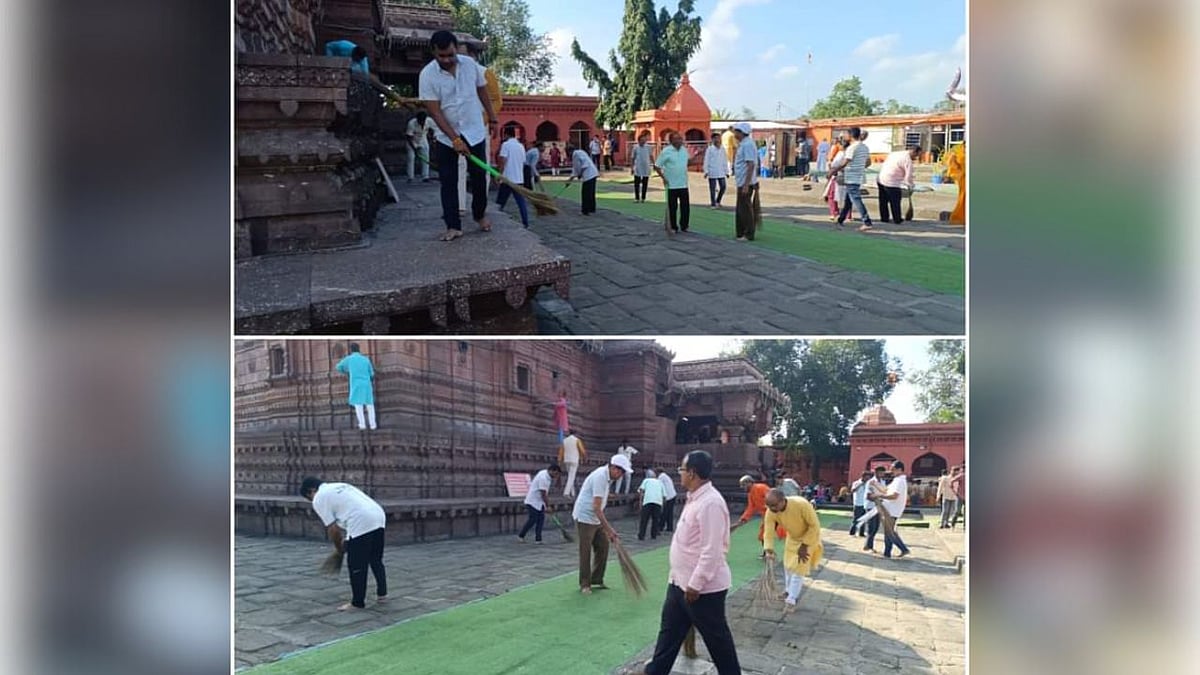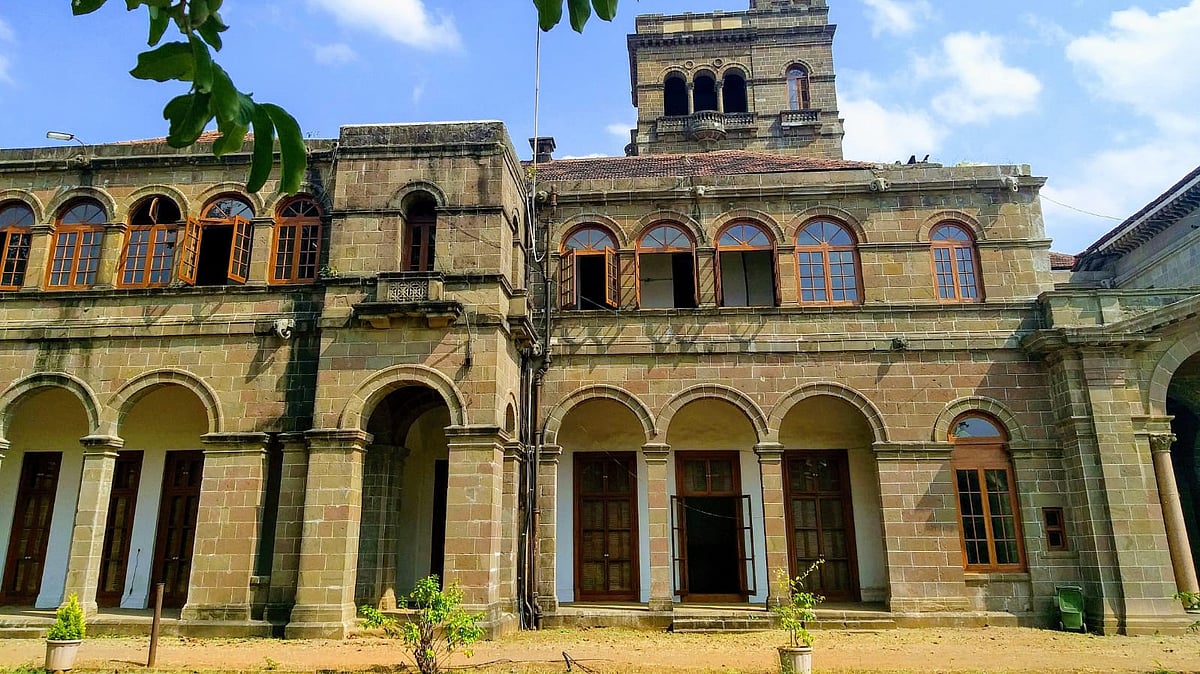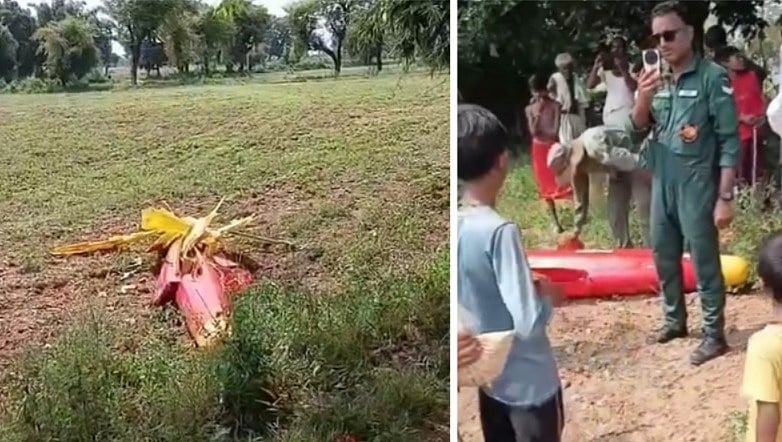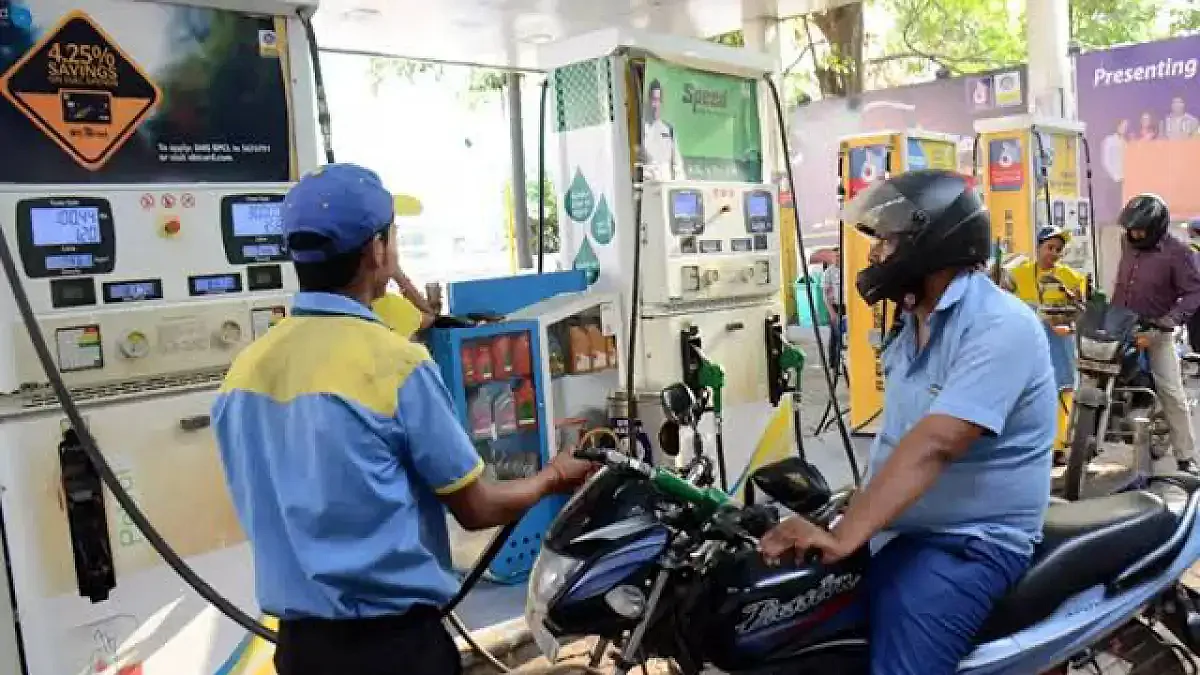Bhopal (Madhya Pradesh): The nine-member high-level committee formed to introduce new regulations for granting tree-cutting permission for development projects in Madhya Pradesh has asked National Highways Authority of India (NHAI) to revise its proposals for tree cutting in road projects and submit them with fresh figures.
The rules, framed after a directive from National Green Tribunal (NGT) includes mandatory geo-tagging and at least five-year sapling monitoring and measuring of oxygen loss by a particular tree, are aimed at preventing indiscriminate felling of trees in the name of urban expansion.
Officials said over 12,000 trees along Ratnagiri–Ayodhya bypass road will be geo-tagged before the proposal is cleared. NHAI has also been asked to explore ways to reduce the number of trees that need to be felled.
According to forest officials, there are three main methods to measure amount of oxygen loss due to cutting a particular tree. They are sealed chamber method, fiber-optic oxygen probes and stable isotope tracing.
Following committee’s directives, over 12,000 trees on Ratnagiri-Ayodhya bypass road will be geo-tagged and before the committee passes the proposal, NHAI will also work to find alternatives so that numbers can reduce.
The move follows widespread criticism after nearly 700 trees were cut between Neelbad and Barkheda Nathu for road widening and stadium construction. Acting on a petition filed by activist Nitin Saxena, the NGT on May 23 had ordered that prior approval is mandatory before cutting more than 25 trees, and a central high-level committee must oversee permission.
On September 3, the state formed a nine-member committee chaired by Sanjay Dubey, additional chief secretary, urban development and housing department. Members include senior officials from the forest department, MP Pollution Control Board, Bhopal Municipal Corporation, environment ministry among others.
Key provisions under new norms
Geo-tagging of every tree before any clearance is considered.
Exploration of alternatives: Committee will first assess whether felling can be avoided.
Impact assessment: Authorities must evaluate oxygen loss caused by cutting.
Mandatory compensatory plantation: For every tree cut, 10 to 100 saplings should be planted.
Long-term accountability: Survival of these saplings will be monitored for five years.
Nine-member committee
Chairman: Sanjay Dubey, additional chief secretary, urban development and housing department
Secretary member: Sanket S Bhondve, commissioner, Directorate of Urban Administration and Development
Member:
Commissioner, horticulture cepartment, Bhopal
PCCF, forest department
Regional director, MoEFCC, Government of India
Regional director, CPCB, Government of India
Executive director, EPCO
Member secretary, MPCCB, Bhopal
Commissioner/chief municipal officer
UADD commissioner Sanket Bhondve said, “We have directed NHAI to revise their proposals and present them with fresh figures."











